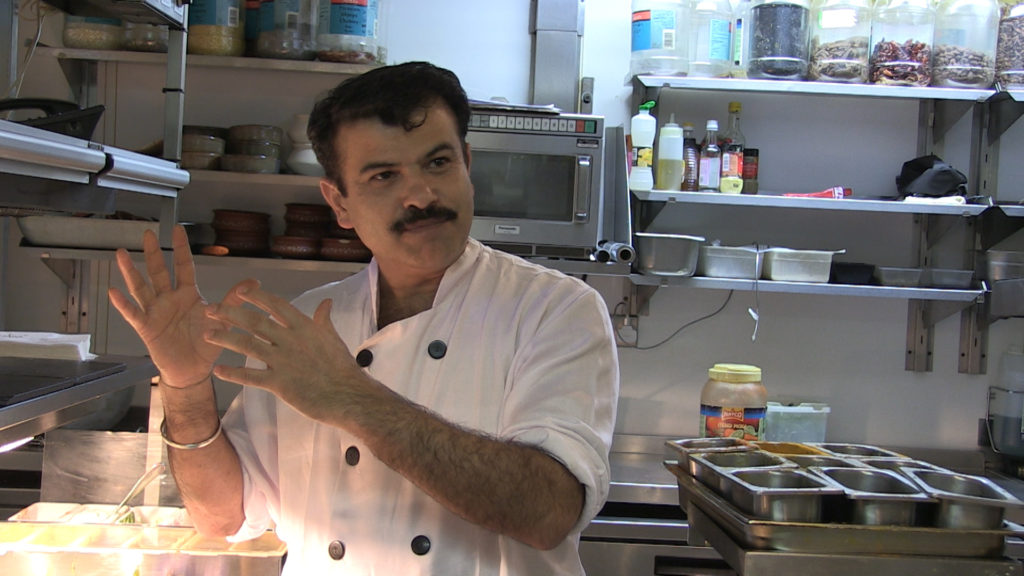02 Nov Is the end in sight for the Great British Curry?
A shortage of skilled chefs leads to experts predicting the closure of over 17,000 UK curry houses in the next decade.
This week we celebrate the 20th year of National Curry Week, a celebration of Indian culture in the UK that supports restaurants around the country and raises money for international charities.
The curry has been known as the nation’s favourite dish since 2001, when foreign secretary Robin Cook famously named the chicken tikka masala as the national dish of Britain.
But its longstanding reign at the top may be in jeopardy, after experts predict the closure of over 17,000 curry houses in the next decade, due to shortages of trained curry chefs. If this prediction proves to be true, the £4 billion UK curry industry may find it difficult to recover, experts say.
Roughly 90% of UK curry houses are Bangladeshi owned, with many of these opened by first generation immigrants. The issue arises from the increasing reluctance of second generation British Asians to join the trade, along with attempts from the Home Office to curb net migration by imposing legislation like a £2000 fee on restaurants importing skilled labour, and a work permit scheme that puts a salary cap of £29,750 for the chefs once they reach the country.
Jiwan Lal, the owner and head chef of Babur, a curry house in Forest Hill had this to say about the crisis: “Even the big restaurants are having this issue, the young Bangladeshis are not wanting the same things as their parents”
“The people who open the restaurants also want their children to have better jobs, as many people do not give respect to those that work in curry houses”
“Many of the restaurants get into issues because they hire chefs without the right to work in the UK. They are made to close for good and pay a large amount in fines because of this”
According to a Freedom of Information request that was submitted by the Times, in 2015 14,000 arrests of illegal immigrants were made; double the amount that were made in 2011.
If a restaurant is found to be hiring workers without the correct documentation, they face to pay fines of £20,000, which usually results in a closure of the restaurant when they are unable to pay the amount.
Leaked statistics from the Home Office show that restaurants are one of the most regular targets of immigration raids, with 75% of arrests being Indian, Bangladeshi or Pakistani
This dramatic rise in investigations into undocumented workers in the UK may be one of the most impactful reasons behind this crisis.


